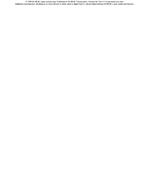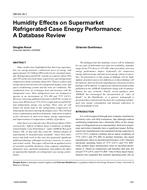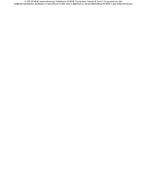Daylight glare evaluation has been the recent focus of research on visual comfort since newer office buildings have large glass facades offering daylight provision and outdoor views. Available glare indices are related to source luminance size and location, view direction and background luminance. The Daylight Glare Probability index (DGP), that considers vertical illuminance at the eye level, has been identified as one of the reliable metrics, since it was based on experiments with real human subjects. In this study, a hybrid ray tracing and radiosity lighting model, integrated with a glare calculation module, will be used to extend and further investigate the results of experiments in full scale private office spaces. The study considers the correlation of DGP with important design parameters as work plane illuminance or shading control methods, the importance of contrast in the DGP equation, the parameters which define it, and its relative weight to the eye illuminance term for variable sky conditions and shading control strategies. A high dynamic range camera with a fish eye lens was used to capture the luminance in the field of view, while horizontal and vertical illuminance were measured at different positions. The images were processed for calculating DGP values based on the "evalglare" method. The results are used to evaluate the efficiency of control strategies in terms of glare probability, while annual correlations between indoor illuminances, sky conditions and DGP are used to investigate the potential of developing simplified criteria and guidelines for controlling daylight glare in office spaces.
Citation: ASHRAE Papers: 2015 ASHRAE Annual Conference, Chicago, IL
Product Details
- Published:
- 2015
- Number of Pages:
- 8
- File Size:
- 1 file , 2.4 MB
- Product Code(s):
- D-CH-15-C049


